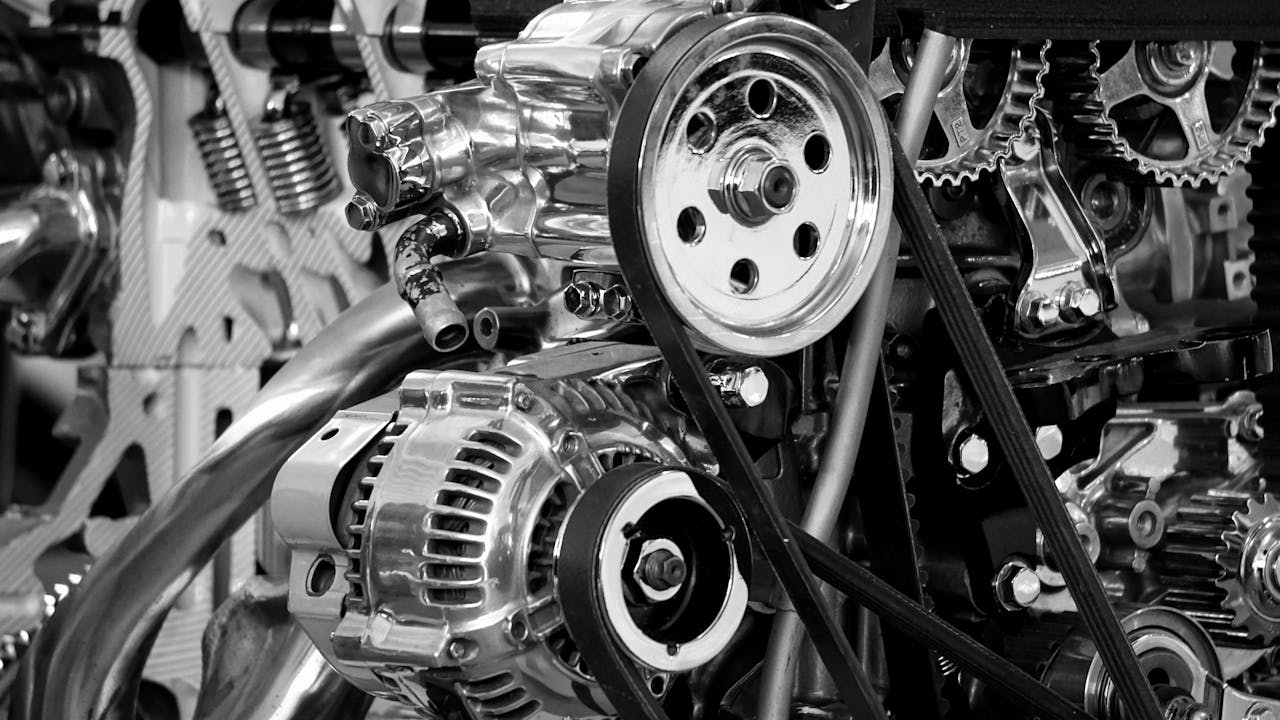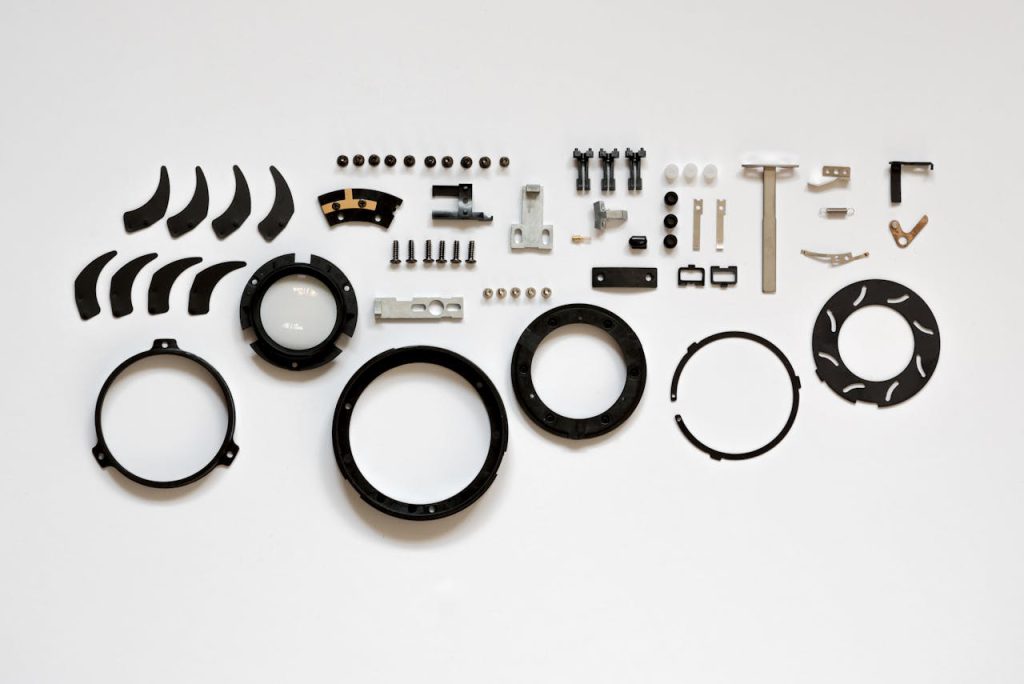
Auxiliary engines play a pivotal role in ensuring the seamless operation of machinery across maritime, industrial, and power generation sectors. Their performance and reliability often depend on the readiness and quality of auxiliary engine spare parts, which serve as a crucial component of maintenance and repair strategies. This article delves into their significance, selection criteria, and effective management practices.
The essential role of auxiliary engine spare parts in maintenance
Auxiliary engine spare parts are indispensable in maintaining operational continuity. Auxiliary engines support critical systems, such as electrical generation, cooling, and emergency operations, making their uninterrupted functionality vital. Over time, mechanical wear and tear necessitate the replacement of components like filters, gaskets, pistons, and injectors. The availability of auxiliary engine spare parts ensures that such replacements can occur promptly, preventing prolonged downtime and costly interruptions.
High-quality spare parts are particularly essential for sustaining the long-term efficiency and reliability of auxiliary engines. Using inferior components risks not only reduced engine performance but also the possibility of severe failures. The ability to source and utilize manufacturer-approved spare parts is key to avoiding compatibility issues and ensuring smooth operations. By investing in these parts, operators secure the safety and productivity of their systems.

Selecting the right spare parts: key considerations
When selecting spare parts, compatibility and quality should be the foremost considerations. Auxiliary engines are designed with precise engineering specifications, and spare parts must adhere to these standards. Using non-compliant components can compromise the engine’s performance and even cause irreversible damage. Referring to OEM (Original Equipment Manufacturer) documentation helps operators identify components that are engineered to meet specific design parameters.
The material composition of spare parts also plays a significant role in their durability and heat resistance, especially in demanding environments. Genuine parts are often crafted from high-grade materials designed to withstand stress, ensuring consistent performance. Additionally, logistics and supply chain reliability are critical; operators should partner with trusted suppliers who can provide timely deliveries, reducing risks of operational delays caused by missing parts.
Managing inventory for operational efficiency
Efficient spare parts management is essential for reducing downtime and minimizing costs. Establishing a comprehensive inventory system allows operators to track the availability and usage of critical components. Predictive maintenance strategies, supported by data from engine monitoring systems, can help forecast when spare parts will be needed, avoiding unnecessary stockpiling while ensuring timely replacements.
Maintaining a mix of fast-moving and high-value spare parts is a smart approach, ensuring readiness for both routine and unexpected maintenance needs. Additionally, forming partnerships with reliable vendors for regular supply agreements can further optimize inventory levels. Digital tools, such as inventory management software, provide insights into part lifecycles, helping organizations make informed procurement decisions.
Conclusion: the backbone of auxiliary engine reliability
Auxiliary engine spare parts are more than just replacements; they are the foundation of reliability and efficiency in critical operations. By prioritizing quality, compatibility, and proactive management, operators can significantly enhance the performance and lifespan of their auxiliary engines. Investing in these parts ensures not only operational continuity but also safety and cost-effectiveness, making them an indispensable element of modern maintenance practices.
For more information please visit: posejdon-marine.pl


